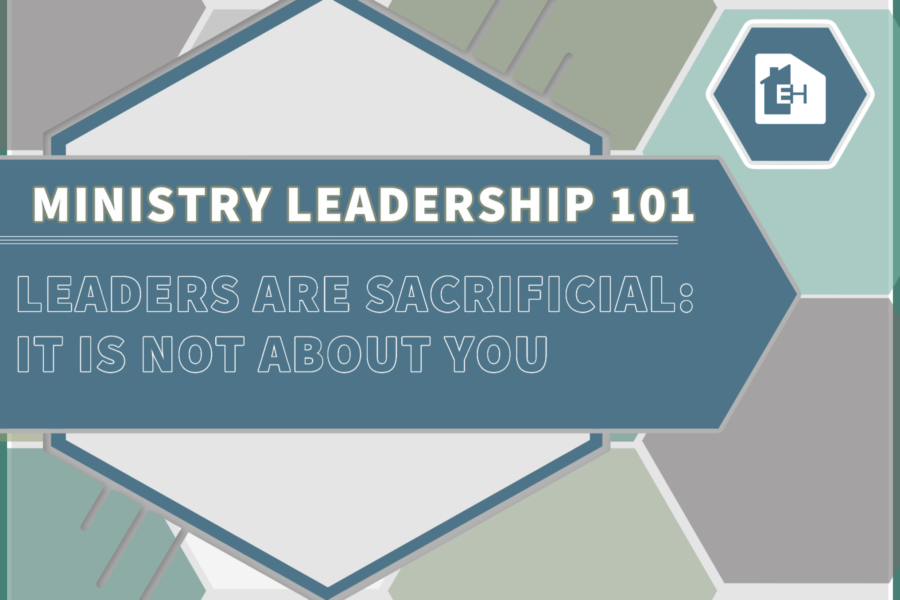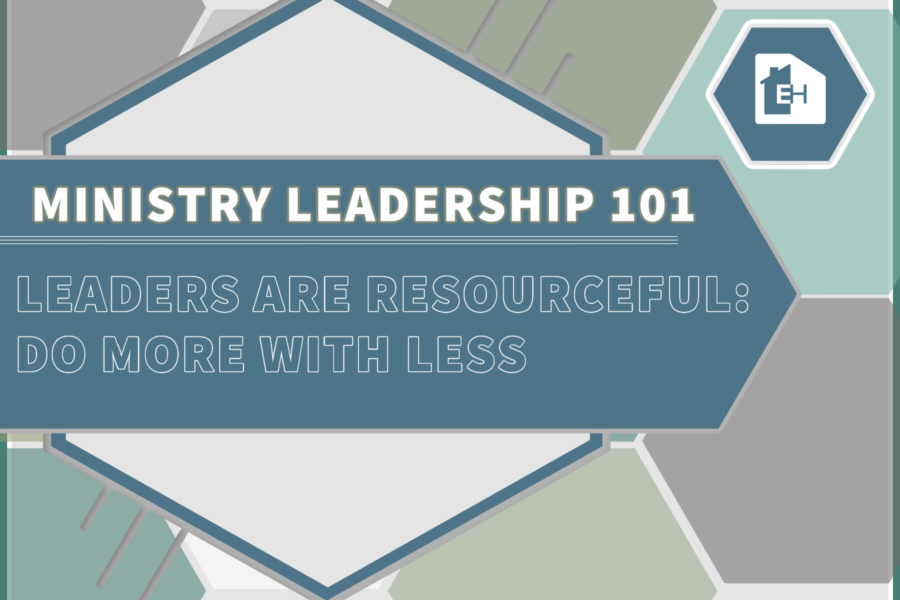
Raising two teenagers has many unique challenges and obstacles. One way my wife and I have navigated these milestones is to create family contracts with our kids. Likewise, all parents can navigate the challenges of raising kids by creating simple family contracts, resulting in clear communication. Furthermore, family contracts help kids understand important boundaries.
Family Conversations
If you are like our family, you may be having many of the following conversations in regards to boundaries:
“Mom, I’m in 7th grade. I think I am responsible enough for a phone. All my friends have one. When can I get one?”
“Mom and Dad, I am almost in high school. Most of my friends have social media. We said we would talk about it the summer before Freshman year. It’s time! Can we?”
“Dad, you and mom have always said that when I turn 16, I can date. That’s coming up real soon.”
“I can’t wait to drive. Only a few more weeks!”
How do we navigate these endless questions and desires from our kids? By giving kids a chance to participate in the conversation; eventually, finding a healthy agreement that works for the whole family. Family contracts are a great way to bring understanding and clarity to expectations from both parents and kids. However, before we discuss the 4 principles of creating family contracts with kids—-what contracts are, why we use them, steps to writing them, and what they are not—I wanted to provide some overarching guidance. We always start with our family goals.
Family Goals
I won’t go into all the details of family goal setting but if you want to explore more about this subject I suggest you read this.
For my wife and I, our goal, as the primary faith trainers in our home, is to raise responsible, self-disciplined, young people who love others and make wise decisions. We want our kids to understand their place in our home and in God’s Kingdom. Ultimately, understanding they are fully loved and accepted. Check out this article and this one too if you want some ideas on how to do that!
Before jumping right into developing a family contract, make sure you begin with the end in mind. Your family contracts are simply another expression of your family goals. With the end goal in mind, here are 4 principles to help you create family contract with your kids:
1. Know WHY a family contract important.
So why enter a contract with your kids? You may be thinking, “Isn’t that something adults use when they rent an apartment or buy a car?” Yes, contracts are important for all those responsibilities adults have. However, as a mentor once reminded us, we aren’t raising kids, they are already kids, we are raising our grandchildren’s parents! We are raising kids who will quickly be adults.
My wife and I use family contracts as a tool with our teenagers because we desire to give them the security that comes from love AND the ability to navigate the world that comes from guidance. When our kids were young, the rules and boundaries in their life were pretty easy. Don’t touch the stove. Look both ways before crossing the road. Say please and thank you. But as our kids got older, life got more complicated. Our boundaries transitioned from behavior-based rules to principle-based decision making.
As the black and white world of rules and boundaries becomes grey, parents can’t predict every single situation and make a specific rule for it. This is where a family contract helps parents and children. The contract demonstrates the continued need for boundaries while also respecting your kid’s need for growth and independence.
2. Understand WHAT a family contract is.
Simply put, a behavior contract for kids is a parent-kid contract that defines expectations, responsibilities, and consequences for a certain subject. Done properly, it is a positive experience allowing everyone to discuss expectations before problems arise.
3. Utilize steps in creating a family contract.
A. Pray for Guidance.
When we first began creating contracts, the entire process was covered in prayer. We wanted to ensure each family member understood we were doing more than entering a written agreement. These contracts are also a family pledge to honor God in all our areas of our life.
B. Clearly Define the Topic.
I know there is a temptation to have one contract that provides overarching guidance for all subjects; however, I have found that a broad contract lacks the clarity needed to have important conversations with your kid. We would recommend having individual contracts for specific topics. Here are a just a few topics for which we have contracts with our kids: cellphones, social media, dating, and driving.
C. Participate Together.
This should not be a process where one side dictates the conversation or the terms. Don’t get me wrong, it was clear to both our children that mom and dad had the final word, but we needed and welcomed their input. For most contracts, we had our kids spend a few days praying about the topic and writing out their thoughts before we discussed it as a family. Remember, you are teaching your kids responsibility and fostering their independence.
D. State the Non-Negotiables.
Clearly state your “absolutes.” Absolutes, or Non-Negotiables, are the rules that will never change. They are the limits that are in place for your family’s safety. As the contract changes, the non-negotiable rules remain. The staples that stay, regardless of your agreement. They are non-negotiable.
E. Write it out, Review, and Sign it.
Like every good contract, to ensure that there isn’t any confusion over the terms of the contract, put everything in writing. Then spend some time as a family discussing it. Talk through scenarios that describe how certain parts of the contract can be used. Discuss what happens if portions of the contract are violated. Conversation is one of the key ingredients of this process.
When done, have your child and each parent sign the contract and then place it in a location where it can be reviewed often. You can also make copies and place them in certain areas for continual reminders. For example, a copy of our son’s driving contract stays in his vehicle.
4. Remember what a contract is NOT!
I want to end with what family contracts are not. They are not a replacement for covenant-based parenting. You see, a contract is an agreement between parties, while a covenant is a pledge based upon a relationship. A contract is an agreement you can break, while a covenant is a perpetual promise that you will be there. As parents we must ensure that as we walk through this process with our children, we never imply that our relationship with them is based upon any performance.
We must remember that the greatest need of our kids today is not all the things we use these contracts to manage. Their greatest need is a home that reflects the image of God and gives them the freedom and safety to grow in this image!











